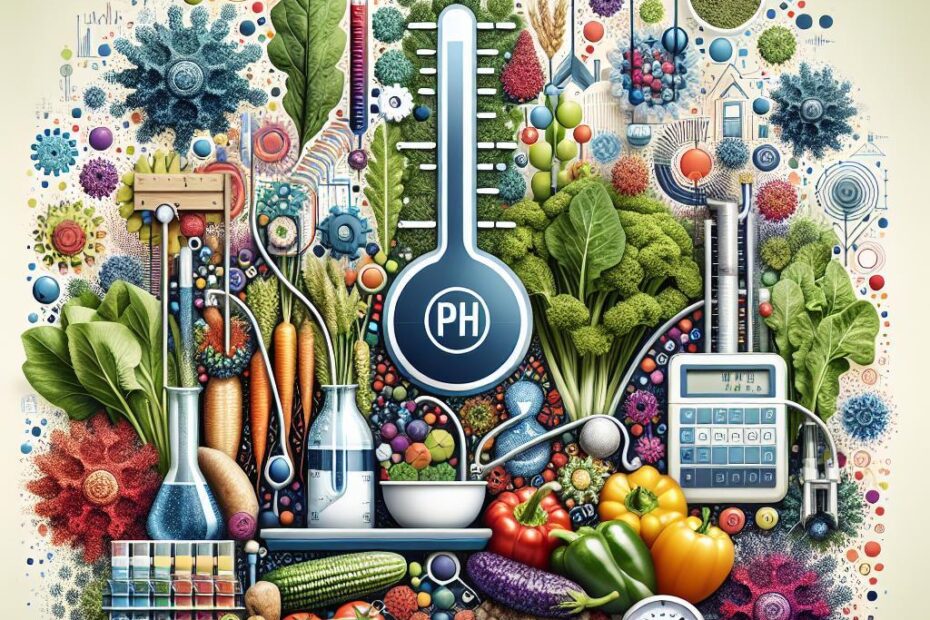Optimizing pH Levels for Your Garden Vegetables
Growing your own vegetables in a garden can be a rewarding and fulfilling experience. However, in order for your vegetables to thrive and reach their full potential, it is important to pay attention to the pH levels of your soil. pH, or potential of hydrogen, is a measurement of how acidic or alkaline your soil is. Different vegetables thrive in different pH levels, so it is essential to understand the optimal pH levels for the vegetables you are growing.
Why pH Levels Matter
The pH level of your soil directly impacts the availability of essential nutrients for your vegetables. If the pH is too high or too low, certain nutrients may become unavailable to the plants, leading to nutrient deficiencies and poor growth. By ensuring that your soil is at the proper pH level, you can ensure that your vegetables have access to the nutrients they need to grow healthy and strong.
Optimal pH Levels for Common Garden Vegetables
Here are the optimal pH levels for some common garden vegetables:
| Vegetable | Optimal pH Level |
|---|---|
| Tomatoes | 6.0-6.8 |
| Carrots | 5.5-7.0 |
| Peppers | 5.5-6.0 |
| Lettuce | 6.0-7.0 |
| Broccoli | 6.0-7.0 |
How to Test pH Levels
There are several ways to test the pH level of your soil. You can purchase a pH testing kit from a garden center or nursery, or you can send a soil sample to a testing lab for more accurate results. Once you know the pH level of your soil, you can take steps to adjust it as needed.
Adjusting pH Levels
If your soil is too acidic (low pH), you can add lime to raise the pH level. If your soil is too alkaline (high pH), you can add sulfur to lower the pH level. It is important to follow the instructions on the product packaging and retest the soil after making adjustments to ensure that the pH level is within the optimal range for your vegetables.
Benefits of Proper pH Levels
Maintaining the proper pH level in your soil can lead to a number of benefits, including:
- Improved nutrient uptake
- Healthy and vigorous plant growth
- Increased resistance to disease
- Optimal fruit and vegetable production
Practical Tips for pH Management
Here are some practical tips for managing pH levels in your garden:
- Test your soil regularly to monitor pH levels
- Amend soil with lime or sulfur as needed
- Avoid over-fertilizing, as this can impact pH levels
- Consider planting cover crops to help improve soil pH over time
Conclusion
Optimizing pH levels for your garden vegetables is a key factor in the success of your garden. By understanding the optimal pH levels for the vegetables you are growing and taking steps to adjust the pH as needed, you can ensure that your plants have access to the nutrients they need to thrive. With proper pH management, you can enjoy a bountiful harvest of healthy and delicious vegetables from your garden.
